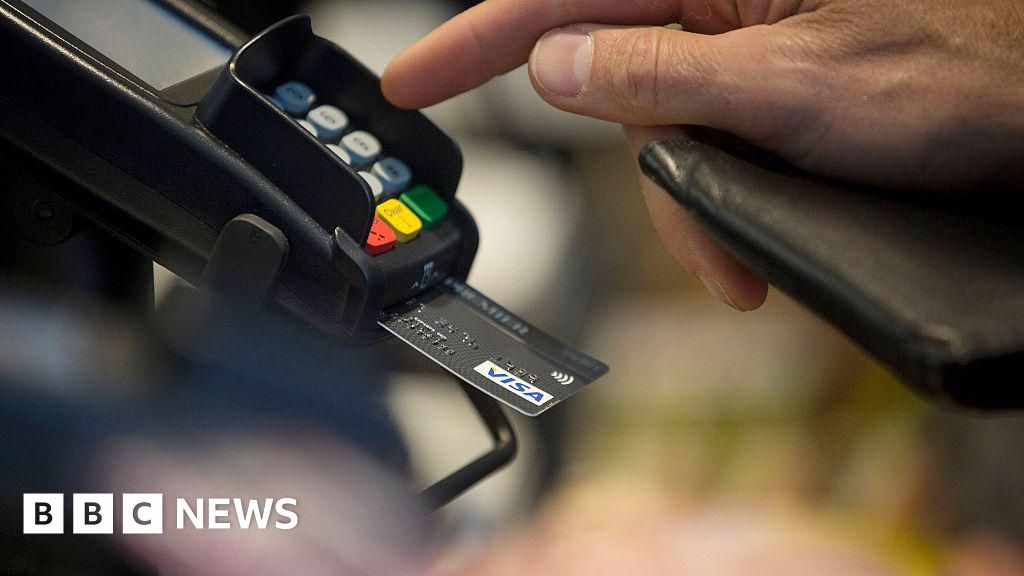

The US has filed a lawsuit against Visa, accusing the financial giant of illegally stifling competition to maintain a monopoly over the debit card market.
It said Visa had punished companies that wanted to use alternative payment networks and paid off potential competitors to keep its hold over the market.
The Department of Justice said the moves had slowed innovation and led to significant additional fees for American consumers and businesses.
Visa said the claims were “meritless” and it would defend itself in court.
Julie Rottenberg, Visa’s general counsel, said businesses and consumers chose Visa because of its “secure and reliable network”.
“Today’s lawsuit ignores the reality that Visa is just one of many competitors in a debit space that is growing, with entrants who are thriving,” she said.
“This lawsuit is meritless, and we will defend ourselves vigorously.”
The filing against Visa is the latest competition lawsuit from the Biden administration, which has taken a more aggressive approach to monopoly concerns, known as antitrust in the US, than previous administrations.
The company’s practices have also faced lawsuits and scrutiny from merchants and competition regulators in other parts of the world including in Europe and Australia.
The Department of Justice started investigating Visa in 2021.
The company processes more than 60% of debit transactions in the US, according to the complaint, bringing in $7bn in fees annually. As of 2022, its debit card business was bigger by revenue than its credit card unit, and highly profitable.
Attorney General Merrick Garland said Visa’s dominance had allowed it to extract fees that were far higher than it could have charged in a “competitive market”.
“Merchants and banks pass along those costs to consumers, either by raising prices or reducing quality or service,” he said. “As a result, Visa’s unlawful conduct affects not just the price of one thing – but the price of nearly everything.”
Shares in the firm fell more than 5%.
The lawsuit, filed in federal court in New York, said Visa had used a “web of contracts” that rewarded businesses for routing payments to its network with lower costs, and charged more to those who use alternatives.
It said the firm started making such deals after a new law in 2012 tried to bolster competition in the debit market, by requiring that banks make debit cards usable on at least two competing payment networks.
The Department of Justice said Visa also used its dominance of the market to threaten tech firms such as PayPal with significant fees, unless they signed deals committing them to routing payments through the firm.
It asked the court to rule that Visa is a monopoly and bar it from continuing the alleged “anticompetitive” practices.
 Print
Print


